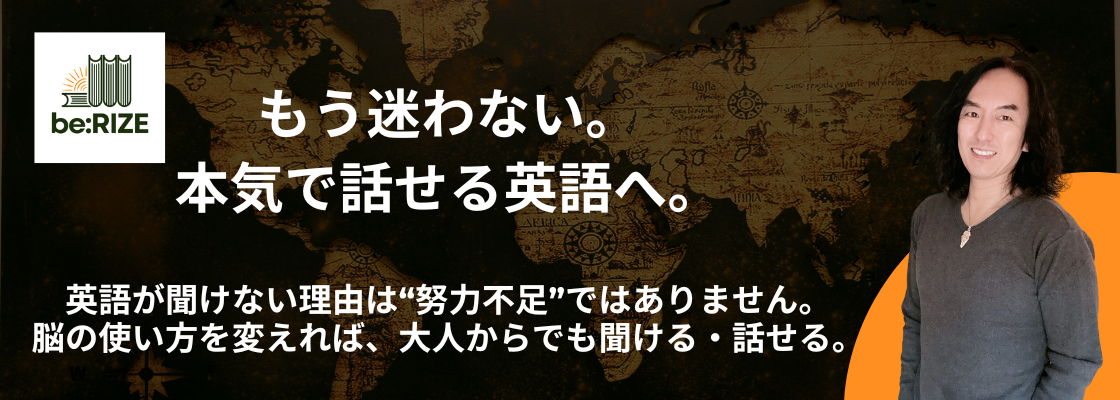My father always told me “Heather, you have the heart of an old man!”
And my response was always “Oi!” … a very common old man’s response, so there may be truth in what he says!
父はいつも私にこう言ってました。
「ヘザー、お前はまるで“おじいちゃんの心”を持ってるな!」と。
それを聞いた私は、いつもこう返してました。
「おいっ!」……うん、めっちゃ“おじいちゃんっぽい返事”ですよね(笑)
もしかして…父の言うこと、あながち間違ってないかも?!
※英語の “Oi!” は、特にイギリス英語でよく使われる口語表現で、日本語の「おい!」「こらっ!」「ちょっと!」みたいなニュアンスです。
The reason is because I love puns, also known as dad jokes (or in Japan, oyaji-gags). To me, when there is a chance to make a pun, I will ALWAYS do it. If you’ve had a lesson with me, you may have heard a few.
というのも、私、ダジャレが大好きなんです!
英語では “Dad jokes(お父さんジョーク)”、日本では “オヤジギャグ”として知られていますよね。
ダジャレを言えるチャンスがあれば、私は絶対に逃しません!
私のレッスンを受けたことがある方は、きっと何個か聞いたことがあるんじゃないでしょうか?

Here are some of my favorite puns that combine English and Japanese, inspired by food and places. Try to use them in your next lesson with your lesson partner, and ask them for their favorites!
英語と日本語が組み合わさったダジャレの中から、食べ物や場所にちなんだお気に入りをピックアップしてみました。
ぜひ、次のレッスンでレッスンパートナーと一緒に使ってみてくださいね。レッスンパートナーのお気に入りを聞いてみると楽しいかも!
💬 “What do you call surprised bread?”
びっくりしたパンってな〜んだ?
👉 “Shoku-pan!” (Shock = surprise, pan = bread)
→「ショクパン!(Shock=びっくり、Pan=パン)」
💬 “When did Japanese people start eating eggs?”
日本人が卵を食べ始めたのはいつ?
👉 “A long tamago!” (a long time ago = 昔々)
→「ア・ロング・タマゴ!(a long time ago=昔々)」
💬 “I had yakiniku last night! It was on fire!”
昨日、焼肉を食べたんだけど、マジで“燃えてた”よ!
👉 (“On fire” = really cool, but also… literally on fire!)
→(“on fire”=超イケてた、でも本当に燃えてたかも!?)
💬 “Oh, my kokoro is brokoro!”
私のココロがブロコロだよ〜!
👉 (My heart is broken!)
→(ココロ=heart、ブロコロ=broken…心が折れた!)
===Heather.S===


















